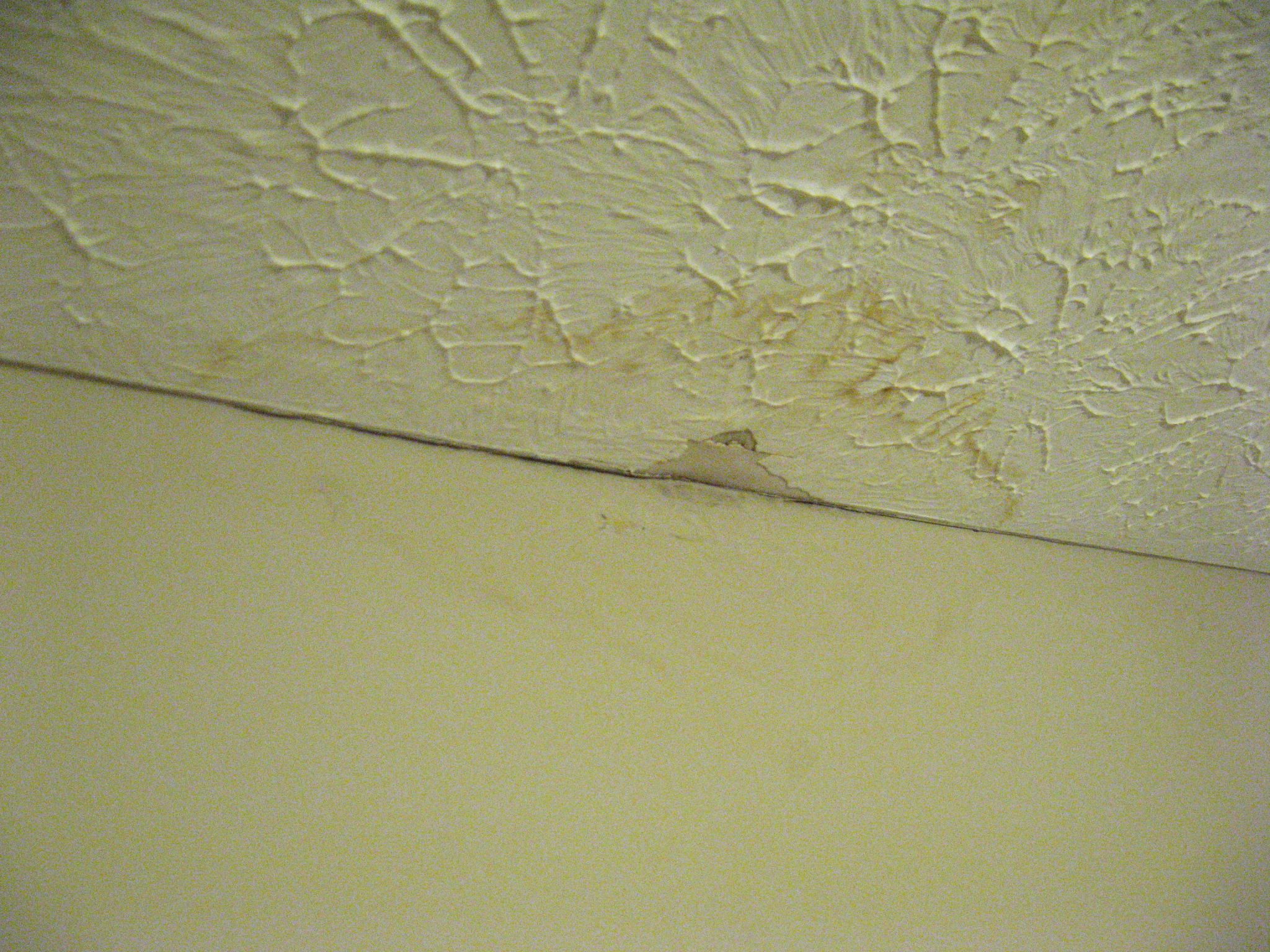Understanding the Six Most Common Causes of Water Leaks in Your Home
Understanding the Six Most Common Causes of Water Leaks in Your Home
Blog Article
Everybody will have their own unique theory about How Fast Water Damage Can Ruin Your Home.

Leakages not only cause waste of water yet can also cause unnecessary damages to your house as well as advertise unwanted natural growth. By recognizing and also looking for daily situations that create leakages, you can secure your residence from future leakages and unnecessary damage.
Intruding roots
Many water leakages start outside the residence rather than inside it. You may observe damp patches or sinkholes in your lawn, and also that may suggest that tree origins are attacking water lines creating water to permeate out.
Corroded water supply
This may be the reason of discoloration or bending on your water pipes. If our plumbing system is old, take into consideration changing the pipelines since they are at a higher danger of rust than the newer models.
Defective Pipe Joints
The point at which your pipelines attach is regularly the weakest web link in the waterline. Pipe joints can weaken in time, leading to water leaks. Unfortunately, the majority of pipeline joints are not quickly visible. If you have loud pipes that make ticking or banging noises, specifically when the warm water is switched on, your pipe joints are probably under a great deal of stress. It is a good idea to have your plumber check your system annually.
Immediate temperature adjustments.
Severe temperature adjustments in our pipes can cause them to increase and also get unexpectedly. This expansion and tightening might create splits in the pipelines, particularly if the temperature level are below freezing.
Poor Water Connectors
At times, a leak can be brought on by loose hose pipes and also pipes that supply your home appliances. Typically, shifting is what creates the loosened water Connections. You could find when it comes to a washing equipment, a pipe may spring a leak as a result of trembling throughout the spin cycle. In case of a water links leak, you might see water running straight from the supply line or pools around your home appliances.
Obstructed Drains
Blocked drains pipes might be aggravating as well as inconveniencing, yet they can occasionally end up triggering an overflow bring about burst pipes. Maintain getting rid of any products that may decrease your drains that might obstruct them to prevent such aggravations.
All the above are sources of leaks but not all water leaks arise from plumbing leaks; some leakages might originate from roofing leakages. All leakages should be fixed quickly to avoid water damage.
Leakages not only cause waste of water however can likewise trigger unneeded damage to your house and promote unwanted natural development. By understanding as well as looking for day-to-day situations that trigger leakages, you can shield your home from future leaks and unnecessary damage. Today, we will certainly look at six leak causes that may be creating your pipes to leak.
At times, a leakage can be caused by loose hose pipes as well as pipes that supply your devices. In situation of a water links leakage, you may discover water running directly from the supply line or puddles around your appliances.
How To Check For Water Leak In Your Home
How To Check for Leaks
The average household's leaks can account for nearly 10,000 gallons of water wasted every year and ten percent of homes have leaks that waste 90 gallons or more per day. Common types of leaks found in the home are worn toilet flappers, dripping faucets, and other leaking valves. These types of leaks are often easy to fix, requiring only a few tools and hardware that can pay for themselves in water savings. Fixing easily corrected household water leaks can save homeowners about 10 percent on their water bills.
To check for leaks in your home, you first need to determine whether you're wasting water and then identify the source of the leak. Here are some tips for finding leaks:
Take a look at your water usage during a colder month, such as January or February. If a family of four exceeds 12,000 gallons per month, there are serious leaks.
Check your water meter before and after a two-hour period when no water is being used. If the meter changes at all, you probably have a leak.
Identify toilet leaks by placing a drop of food coloring in the toilet tank. If any color shows up in the bowl after 10 minutes, you have a leak. (Be sure to flush immediately after the experiment to avoid staining the tank.)
Examine faucet gaskets and pipe fittings for any water on the outside of the pipe to check for surface leaks.
Undetected water leaks can happen without the home or business owner even realizing. If you suspect a water leak, but not able to find the source. It is time to contact a professional water leak detection service, The Leak Doctor.
How To Find a Water Leak In Your Home
https://www.leakdoctor.com/blog/How-To-Check-For-Water-Leak-In-Your-Home_AE197.html

As an avid reader about How to Find Water Leaks, I assumed sharing that piece of content was beneficial. Sharing is caring. One never knows, you may be helping someone out. Bless you for your time. Don't hesitate to visit our blog back soon.
Click Here Report this page